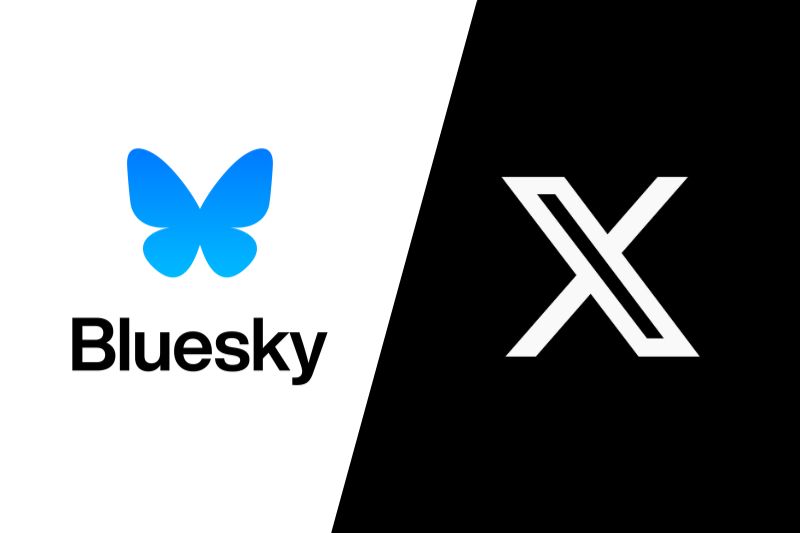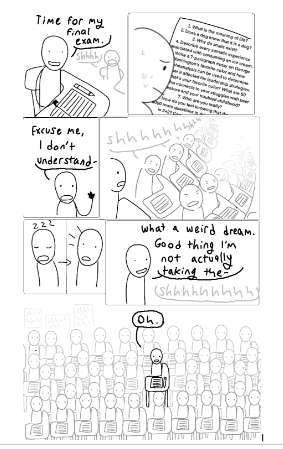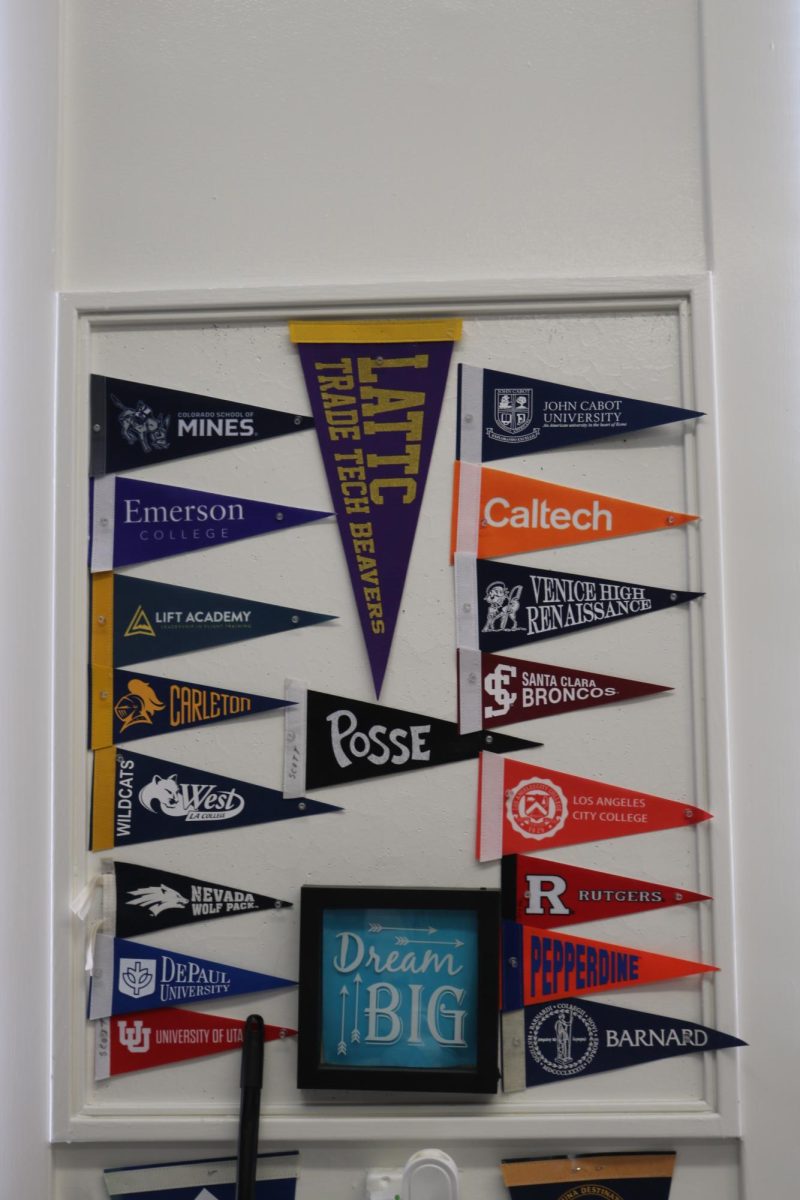I love the Internet Archive. It’s my favorite website. On any given day, I probably have about ten various Archive tabs open, ranging from a Grateful Dead recording from the ‘70s to a PDF of some out-of-print Stephen King novel to a ‘20s black-and-white animation that’s otherwise lost to time.
I became aware of the Archive peripherally through the Wayback Machine (which archives old websites for your viewing pleasure) in middle school, but I didn’t start really diving into it until a couple years ago. I’m a massive fan of the Grateful Dead, and the Archive has a dedicated section of nearly every known Grateful Dead recording available.
From there, I dove deeper into the Archive’s treasure trove of old media and art, and it’s since become sort of a home base for me on the internet, somewhere I know I can always find something to interest me.
So what exactly is the Internet Archive? It’s one of the most important websites on the internet. It acts as a digital library, collecting things like books, music, films, and even other websites (through its Wayback Machine) that would otherwise be difficult or even impossible to access.
Most importantly, the Internet Archive is and always has been free. No ads. No forced donations. You don’t even need an account to access it. The Archive believes that the preservation of history is more important than making a profit. It’s a Library of Alexandria for the digital age.
But just like the Library of Alexandria, there are opponents who seem determined to tear the Archive down. It’s recently faced two major challenges to its goal of free exchange of information.
Several major book publishers sued the Archive for alleged breach of copyright, forcing it to take down over 500,000 books from the site. Some major record labels sued the Archive for similar reasons, targeting the Archive’s “Great 78 Project.” The project has aimed to upload recordings from all the way back in the 1890s through around the 1940s or ‘50s that would otherwise be completely lost to time.
The record labels claim that the Archive is illegally infringing on their copyrights for the music of artists like Count Basie or Bing Crosby, as their music can still be found on streaming platforms and through other avenues.
But the recordings found in the Archive are pieces of history. They’ve been taken straight from the original 78 rpm shellac records, an obsolete early form of recording that fell out of fashion with the rise of 33 and 45 rpm vinyl records. These recordings are full of clicks, pops, and scratches, and are much more low fidelity than the more polished and remastered tracks you might hear on Spotify.
While I understand that record companies (however greedy they may be) do have a claim to their copyright, compromise can, and should be reached. These historic documents should not be locked away in some vault, or rotting away in someone’s barn, or only made available behind a paywall.
By refusing to compromise with the Archive, these companies are doing a disservice to the efforts of the Archive, a disservice to people looking to learn about history, and a disservice to what I believe the purpose of the internet to be, which is the free exchange of information.
I know that compromise is possible because it’s been done before. In November 2005, the Archive’s extensive collection of Grateful Dead concert recordings was abruptly cut off. After outcry from fans of the band, an agreement was reached between the Dead and the Archive. Audience recordings, which vary in sound quality and are recorded directly by concertgoers, were made available to freely stream and download. Soundboard recordings, which are recordings made by plugging in directly to the mixing board’s output feed, were still made available to stream, but not to download.
I think a similar agreement can and should be reached with the Archive’s current situation, because it’s important that these recordings are preserved. In my eyes, at least, their value as documents of the past greatly outweigh their monetary value. They should be allowed to stay on the Archive, but maybe made unable to download. This would allow the Archive to continue their preservation efforts, but prevent people from downloading and redistributing the recordings.
These companies really only care about profit. They don’t care about historical value at all. They own the copyrights to thousands more recordings than they’re suing over, but because there’s no commercial appeal, because they can’t squeeze any money out of consumers, they don’t care.
I’m worried that lawsuits of this magnitude against the Archive will be the beginning of a domino effect that will ultimately ruin the site I love so much. The second that companies see that a profit can be taken from the Archive, they’ll pounce on it.
The Archive is an oasis in the corporate desert that is the internet. You can truly find anything there. A Japanese newspaper from 1900? It’s there. Pac-Man for the Atari? It’s there. An original 1977 trailer for Star Wars? Yep. There’s so much information that the only real limit is the imagination of users.
But if this oasis becomes muddied, if the Archive is distorted into a business instead of a library, then we risk losing more than just a library. The Archive represents an effort by people to do important, selfless work preserving human history. If the big companies win, it’ll be bigger than the Archive. It’ll be Goliath beating David, the Empire beating the Rebellion, Thanos beating the Avengers.
To the companies suing the Archive: is it worth it? Is it worth ruining the preservation of human history and achievement to make a couple dollars? The Internet Archive’s current path towards corporate greed that it’s being forced down is truly deplorable.
Free the Internet Archive. Keep it open to everyone. Don’t repeat the mistakes made with the Library of Alexandria. The Archive isn’t just a website. It’s not just a library. It’s human history. Don’t let our mark on the world be greed.








